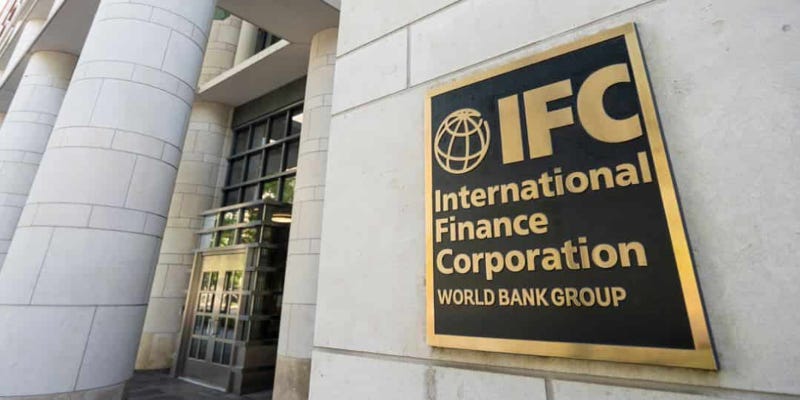The International Finance Corporation’s Carbon Opportunities Fund: Cryptocarbon, blockchain, and US corporations registered in the tax haven of Delaware
The International Finance Corporation has launched the Carbon Opportunities Fund, “a global investment platform that will raise private capital for an innovative model to source, tokenize and sell high-quality, verified carbon credits”.
IFC does not say where it’s going to source its carbon credits, stating instead that they will be generated by “nature-based projects certified by leading international standards bodies”.
Verra, the largest standards body for carbon credits, announced in May 2022 that it would not allow the tokenisation of carbon credits from its registry. On 3 August 2022, Verra started a 60-day consultation on cryptocarbon.
In a statement, Paulo de Bolle, Senior Global Director, Financial Institutions Group, at the IFC says,
“This new partnership will foster the standardization of carbon credits generated in emerging markets and help mitigate climate change. Nature-based solutions can deliver up to 40% of the carbon removal required to combat the climate crisis. This new framework that will use new blockchain technologies is an innovative way for capital markets to fully engage in carbon credit trading in a transparent, secure, fair, and beneficial manner.”
Bolle’s figure of 40% for the amount of carbon removal that can be achieved by nature-based solutions comes from a 2017 paper titled “Natural Climate Solutions”. Actually the figure in that paper is 37%, not 40%, and it is based on an extraordinary series of assumptions. Such as covering an area the size of Australia with trees, for example.
Then there’s the problem that these are offsets that will allow Big Polluters to continue burning fossil fuels, thus exacerbating the climate crisis.
Before COP26, a group of NGOs wrote an Open Letter warning of the dangers of nature-based solutions. “Carbon dioxide removals do not offset fossil fuel emissions,” they wrote.
Carbon Opportunities Fund: IFC’s partners
Here’s how the International Finance Corporation describes itself on its website:
IFC — a sister organization of the World Bank and member of the World Bank Group — is the largest global development institution focused exclusively on the private sector in developing countries.
In this case, the IFC is partnering with three US-based firms: Aspiration Partners, Inc; Cultivo Land PBC; and Chia Network Inc. All three companies are registered in the tax haven of Delaware.
Aspiration Partners, Inc was registered in Delaware on 18 July 2013. Aspiration is a digital bank that issues cards with the option to plant a tree with every purchase, and to buy carbon credits to offset emissions from buying petrol. The company claims on its website that buying offsets will “Automatically neutralize the climate impact of every mile you drive.”
As the Dutch advertising watchdog ruled last year when Shell made similar claims, Shell could not prove that it is fully offsetting the greenhouse gas emissions from driving. The watchdog ruled that there is “no actual equivalence between CO₂ pollution from fossil fuels and the activities that are advertised as so-called compensation for this CO₂ pollution: those activities cannot actually compensate for the pollution”.
Cultivo Land PBC was registered in Delaware on 2 December 2019. “Natural capital,” according to Cultivo, “is an emerging asset class that values the natural world, an economic approach that makes it clear why a tree is worth more alive than dead.”
Mark Tercek, the ex-head of The Nature Conservancy and former Goldman Sachs banker, is a director.
The company has a portfolio of forest, wetland, grassland, and regenerative agriculture projects. But the actual projects are not available on the company’s website without logging in.
Chia Network Inc was registered in Delaware on 1 August 2017. The company states that it is “building a better blockchain for real-world use”.
During COP26 in Glasgow, Chia Network announced a partnership with the World Bank’s Climate Warehouse.
The IFC and the World Bank are supporting the false solution of carbon trading. They are enabling Big Polluters to claim to be addressing the climate crisis while continuing to burn fossil fuels. It’s a dangerous distraction from the need to leave fossil fuels in the ground.







